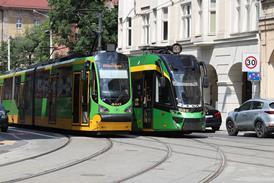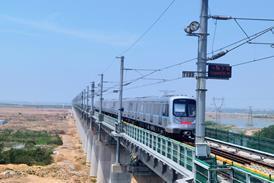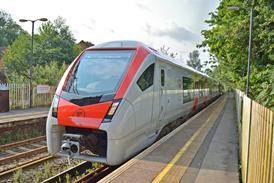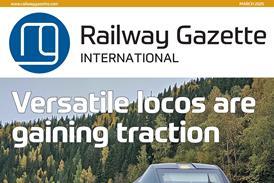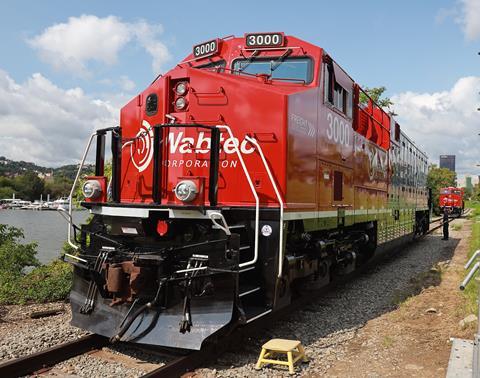
AUSTRALIA: Mining company Rio Tinto has ordered four Wabtec FLXdrive battery locomotives for use in the Pilbara region of Western Australia from 2023.
The locos will be used for multiple purposes, initially focused on yard shunting and then main line service.
Rio Tinto currently uses three diesel locos to move trains of 240 wagons carrying more than 25 000 tonnes of iron ore, and the inclusion of a FLXdrive loco would enable diesel-battery hybrid operation of trains. The batteries will be charged by regenerative braking and at charging stations, with Wabtec’s energy management software system determining the optimal times to discharge and recharge the batteries to maximise overall fuel efficiency during the trip.
The FLXdrive locos for Rio Tinto will have a battery capacity of 7 MWh, and are expected to reduce fuel costs and emissions by a ‘double digit’ percentage per train.
‘Our partnership with Wabtec is an investment in innovation and an acknowledgment of the need to increase the pace of our decarbonisation efforts’, said Rio Tinto Iron Ore Managing Director of Port, Rail & Core Services Richard Cohen on January 10. ‘By locking this in now, we are making progress in our efforts to reduce our Scope 1 and 2 carbon emissions by 50% by 2030.’
Rogerio Mendonca, President of Freight Equipment at Wabtec, said FLXdrive ‘provides the tractive effort, fuel savings and emissions reductions to cost-effectively run rail networks in the mining industry’.
Canadian National’s Bessemer & Lake Erie Railroad and Australian mining company Roy Hill ordered FLXdrive locos last year, and Mendonca said this adoption by operators ‘represents a major step toward achieving zero-emission locomotive fleets in the future’.
FLXdrive forms part of Wabtec’s goal of developing ‘the next generation of zero-emission locomotives’, and it now has a has a ‘clear path’ for powering new locomotives as well as repowering existing locomotives with batteries, hydrogen internal combustion engines and hydrogen fuel cells.


